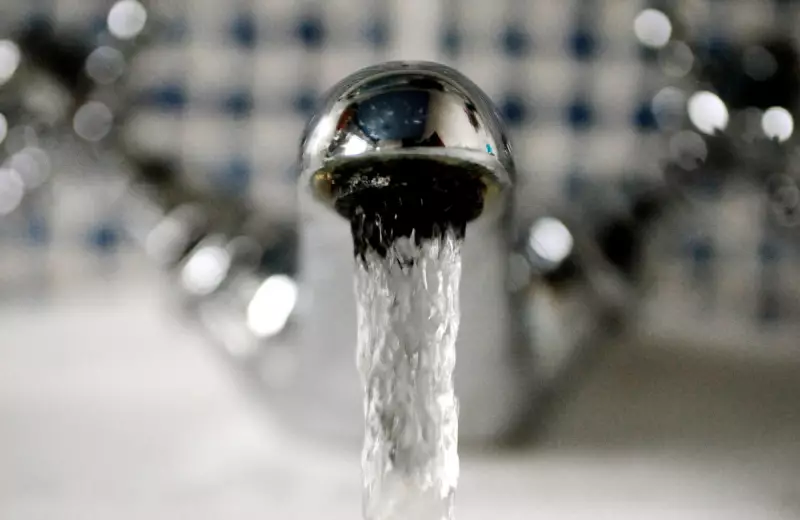
In a groundbreaking legal challenge that could reshape how Britain tackles its sewage crisis, environmental campaigners are taking the water regulator to court over plans that would allow water companies to charge customers twice for cleaning up their own pollution.
The Double-Charging Controversy
The case centres on Ofwat's proposed "recovery mechanism," which would permit water firms to add the costs of addressing sewage discharges to customer bills on top of existing infrastructure investments that customers have already paid for through their water rates.
Environmental groups argue this amounts to making households pay twice for the same service while letting water companies off the hook for years of underinvestment and environmental damage.
Legal Battle Heats Up
The judicial review, brought by the Marine Conservation Society and supported by the Good Law Project, claims Ofwat's approach "unlawfully lets water companies profit from their own pollution" and fails to hold them accountable for systemic failures in sewage management.
Court documents reveal campaigners' concerns that the regulator's plan could create a "perverse incentive" for water companies to delay essential infrastructure upgrades, knowing they can later recover additional costs from customers.
Mounting Public Anger
The legal challenge comes amid growing public outrage over sewage discharges into UK rivers and coastal waters. Last year alone, water companies released raw sewage into England's waterways for over 2.5 million hours, despite recording combined profits of £1.4 billion.
- Customer bills have risen 40% above inflation since water privatisation
- Water company dividends totalled £65.9 billion between 1991-2022
- Sewage pollution has devastated aquatic ecosystems across the country
What's at Stake?
The outcome of this case could determine whether water companies are forced to use existing profits and shareholder funds to address sewage problems, or whether the financial burden will once again fall on already-stretched households.
With water bills projected to rise significantly in the coming years, this legal battle represents a crucial test of whether regulators will prioritise corporate interests or environmental protection and consumer fairness.





